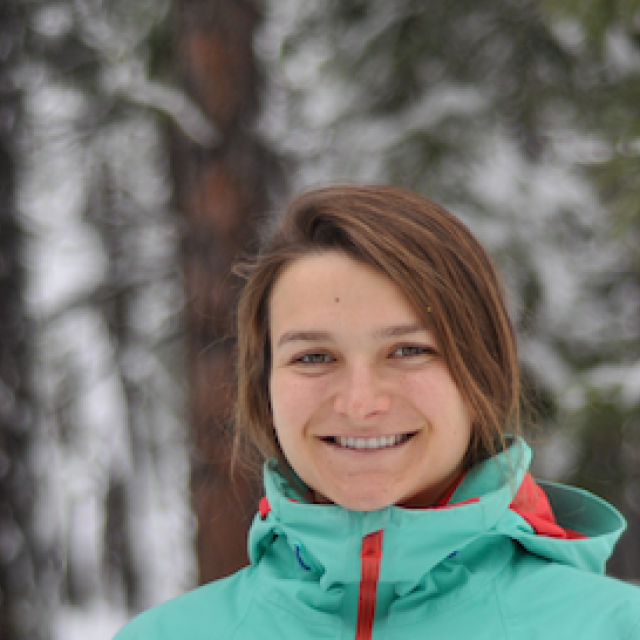UBC Math Department Colloquium: Elina Robeva
Topic
Learning causal models via algebraic constraints
Speakers
Details
The main task of causal discovery is to learn direct causal relationships among observed random variables. These relationships are usually depicted via a directed graph whose vertices are the variables of interest and whose edges represent direct causal effects. In this talk we will discuss the problem of learning such a directed graph for a linear causal model. I will specifically address the case where the graph may have hidden variables or directed cycles. In general, the causal graph cannot be learned uniquely from observational data. However, in the special case of linear non-Gaussian acyclic causal models, the directed graph can be found uniquely. When cycles are allowed the graph can be learned up to an equivalence class. We characterize the equivalence classes of such cyclic graphs and we propose algorithms for causal discovery. Our methods are based on using algebraic relationships among the second and higher order moments of the random vector. We show that such algebraic relationships are enough to identify the graph.
I will conclude with an overview of some of our other projects in the field of causal discovery, specifically to cases of cyclic graphs and time-evolving variables.
Additional Information
Reception and refreshments at 14:30 in the PIMS lounge, ESB 4th floor.
